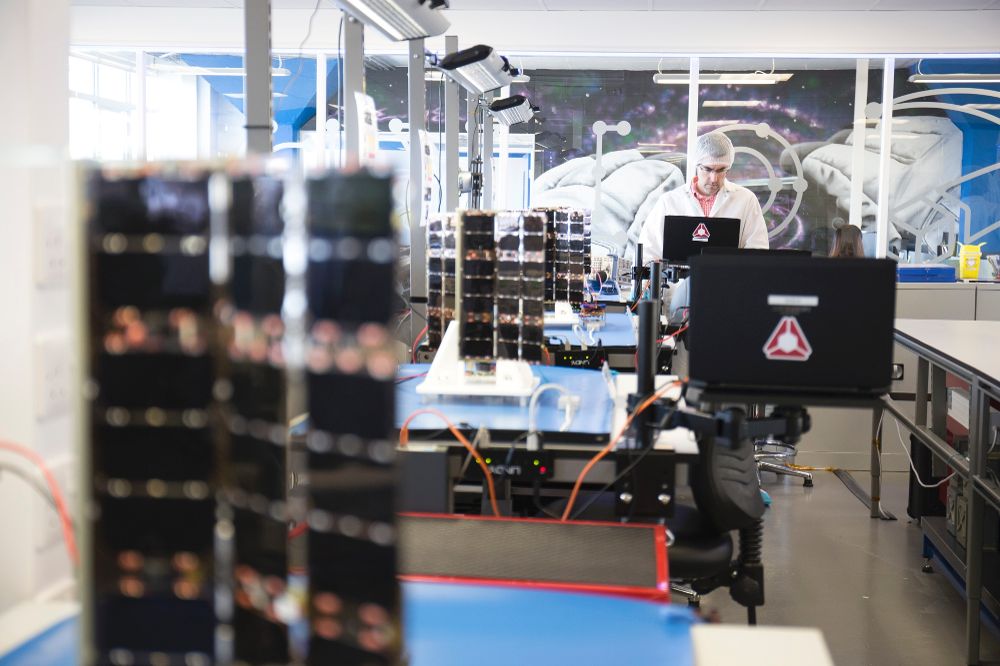Two British nanosatellites launch on September 24
25th Sep 2020
Two British nanosatellites launched this September. A couple of months later, they should be joined by two more satellites produced in Scotland. All devices will become a part of a larger satellite network used for monitoring port traffic data.Â
British nanosatellites launch plans for this autumn
British nanosatellites will become a part of a larger fleet, with more than a hundred devices circling the Low Earth orbit. These satellites are designed and built by Spire Global UK, a Scottish data analytics company. The goal is to create a CubeSats constellation that will conduct predictive aviation analysis, forecast weather and analyze shipping movements.

This September’s nanosatellites launch is aimed at predicting boat locations. Designed devices are no larger than an average shoe-box, yet they can run machine-learning algorithms to track boat movement and estimate their location. This means ports can estimate arrival times and safely manage sea traffic.
British nanosatellites and all their equipment have been designed, produced, and tested in the Glasgow headquarters of the company. Spire Global is not the only aerospace company located in Glasgow, since Scottish space industry is growing ever more rapidly.
The upcoming nanosatellites launch is partly financed by the UK government, interested in developing the national space sector. The UK government invested over £6 million in this nanosatellites launch. The event is scheduled for September 24 and should be executed with a Russian Soyuz launcher. If everything goes smoothly, the next launch will occur with the help of an Indian PSLV launcher on November 1st.
British nanosatellites have been designed with the support of the European Space Agency and active participation of the UK Space Agency. Graham Turnock, UK Space Agency CEO, claims that these devices will be hyper-accurate and cost-effective.
Recently, the UK government announced a regulatory network for monitoring space flights. Hopefully, it will boost private aerospace sector development in the country and will ensure the first nanosatellites launch from a UK facility. Several spaceports are currently under construction, and most of them are located in Scotland.
By 2030, the UK government hopes to increase its share in the international space market by 10%. With the construction of local spaceport and active development of the private space sector in Scotland, such an estimate is quite probable. The upcoming British nanosatellites launch this September could become one of the first steps in this direction.





Thank you for your comment! It will be visible on the site after moderation.